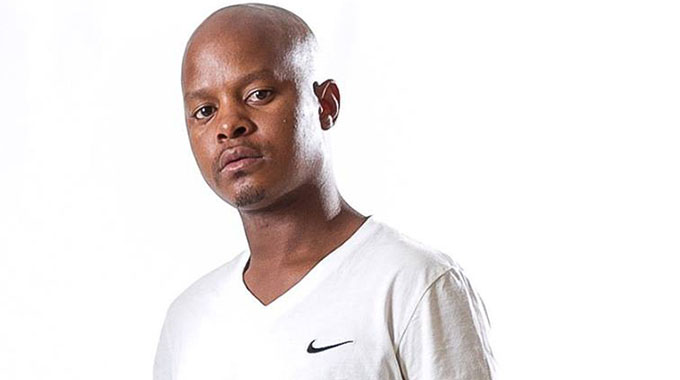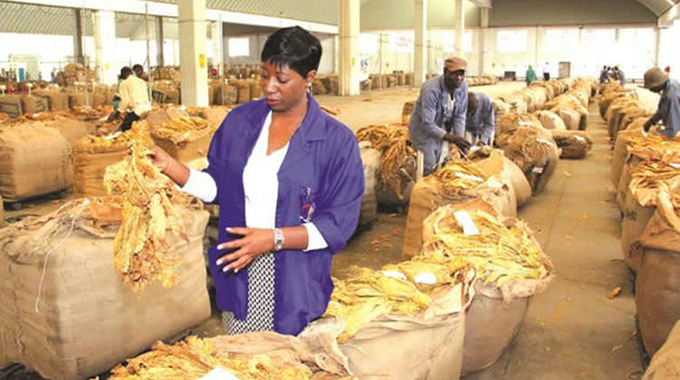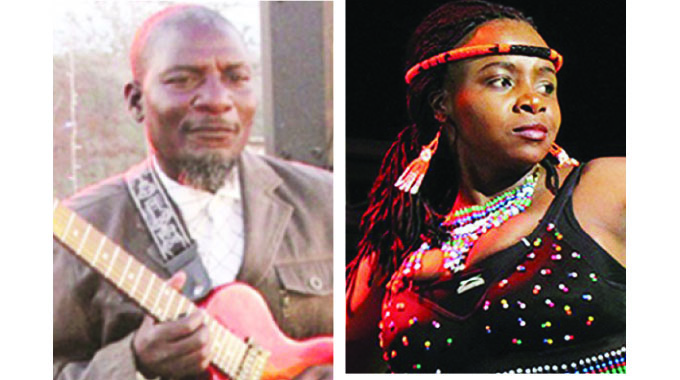Skits overshadow television drama growth

Tafadzwa Zimoyo Senior Arts Reporter
Dramas and theatre have their origins in cultural settings of the past and changes of the present.
Theatre has been part of the ritual and the social life of people embracing the totality of their way of life, habits, attitudes and propensities.
Though viewed as a form of entertainment, theatrical activities and performances are regarded as informal ways by which the quality of lives of people can be enriched. When it comes to visual entertainment, we all know that local dramas are the best.
Growing up, dramas such as Mukadota Family, Mutirowafanza, Gringo, Zvirikumbofambasei and Nzungu Muriva were part of our lifestyles.
Now those dramas might have been reincarnated into comedy skits and many people now ask: “Are the dramas still relevant in our society or has comedy taken over?”
Germany-based Zimbabwean creative entrepreneur Plot Mhako attributed the shift to the advent of social media.
“I think it’s because Zimbabweans are local content hungry and creatives in drama and theatre are slowly seeing that and are starting to fill the void left by yesteryear greats like Paraffin, Mhekiya, Mutirowafanza and Mukadota among others. It’s a reawakening supported by the advent of social media. More new voices are creating their own spaces on social media and building business around it. We have notable examples of new success stories like Madam Boss, Gonyeti, Boss Kedha and Mai Titi and I am sure they are inspiring the wave,” he said.
Before the advent of social media, most people in Zimbabwe would access airwaves through radio and television. Television producer who rose to fame by creating skits Rolland Lunga, popularly known as Boss Kedha, narrates the history and technologies around the upsurge of skits.
“When satellite television came with great quality productions, people ditched aerial televisions. As time went on, free to air satellite television blocked channels that showed these good quality foreign soapies and drama series. “Many people then moved to DSTV, that’s where people started accessing ZTV but with a better quality picture than using aerials,” he said.
“When it became expensive to subscribe, viewers were left without that quality they were used to and hence they moved to watching skits online which are being made by budding creative artists who use modern equipment for better quality.”
Lunga said skits have also risen together with memes being made online that are meant to lighten moments.
“It’s no secret that young people spend most of their time on the Internet so its easier to access skits that are short and funny than to watch dramas that are long and sometimes not of good quality. As producers, we are just responding to the market,” he said.
Popular soap-drama Wenera executive director and writer Eddie Ndlovu said drama and theatre are tools used to sensitise the general public on matters that affect them on a daily basis. He said that is why we have so many people trying to fill the gap left by the pioneers.
“A good example is the television series from Nigeria, ‘I Need to Know,’ which focuses on the enlightenment of the youthful generation on the dangers of the HIV/AIDS pandemic, STDs and teenage pregnancies and the need to abstain from such vices in order to protect their future. Drama, as one of the core genres of literature, is the mirror of any society because it documents what is happening and throws it back at the same society,” he said.
Lack of funding for big projects is another reason why many film producers now prefer to make skits which cost less than full length feature productions.
The Broadcasting Authority of Zimbabwe (BAZ) has tried to remedy the situation by funding many projects. But all other stakeholders must come in to ensure the production of good television dramas.







Comments